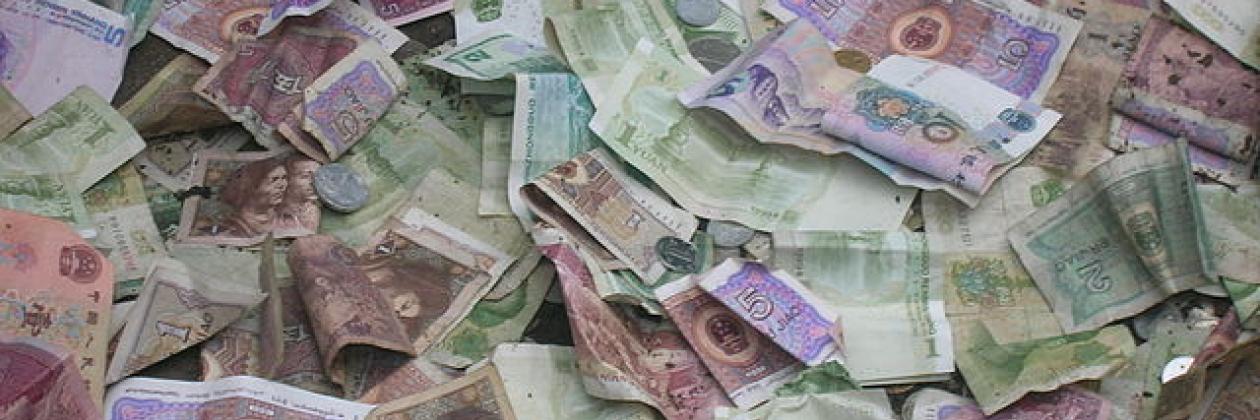Ripple effects of China’s slowdown?
GEG seminar unpacks developing countries’ “China-dependence”
The trajectory of Chinese growth has been awe-inspiring: double-digit GDP growth figures up until the crisis, hundreds of millions lifted out of poverty and, according to some statistics, overcoming the US to become the largest economy in the world.
Emerging and developing economies benefited from China’s meteoric rise, and the particular composition of its economy. China’s growth has been investment led: in 2014, investment amounted to 48% of GDP. This fuelled a demand for natural resources, spurring on the ‘Commodities Supercycle,’ a decade of high commodity prices.
Commodities exporters, including many developing countries, benefited immensely. Many African countries boasted impressive GDP growth figures on the back of booming natural resource exports, especially to China.
Now that China’s growth is slowing and its economy appears to be rebalancing, what will be the consequences for developing countries? In late January, GEG hosted two experts on this topic: David Lubin, Head of Emerging Market Economics at Citi, and Ian Taylor, Professor of International Relations and African Politics at the University of St. Andrew’s.
The Chinese economy is transitioning, and developing economies will experience knock-on effects, that much was certain from Lubin and Taylor’s presentations. Lubin pointed out that while Chinese policymakers had been discussing rebalancing of the Chinese economy towards consumer spending since 2006, the government’s investment spending had continued. Especially in the aftermath of the global financial crisis, Chinese government stimulus was used to prevent decelerating growth. But in 2014, Chinese stimulus lessened. Perhaps this is because employment figures remain robust and Chinese policymakers recognize the importance of minimizing bubble risk.
What are the interests of developing countries in this? The slowdown in Chinese investment will certainly hit commodities exporters, who are already suffering from lower prices due to slackening demand. But while a continuation of credit-led Chinese growth may seem attractive in the short-term, developing countries also have an interest in avoiding a Chinese crisis and recession. Long-term, therefore, they have a stake in China’s stability and the economic rebalancing that will require, even if it means a significant dip in demand for commodities.
The growth that developing countries have experienced on the back of China’s ascent has often not been transformative, as Taylor pointed out. His new book, Africa Rising? BRICS – Diversifying Dependency (Boydell & Brewer, 2014), examines how FDI from emerging powers and exports to these markets have done little to structurally transform African economies, which remain dependent on resource exports. In that sense, China’s slowdown may provoke a rough jolt to African economies, but one that may encourage African policymakers to pursue an independent path of industrialization, transformation and development.





